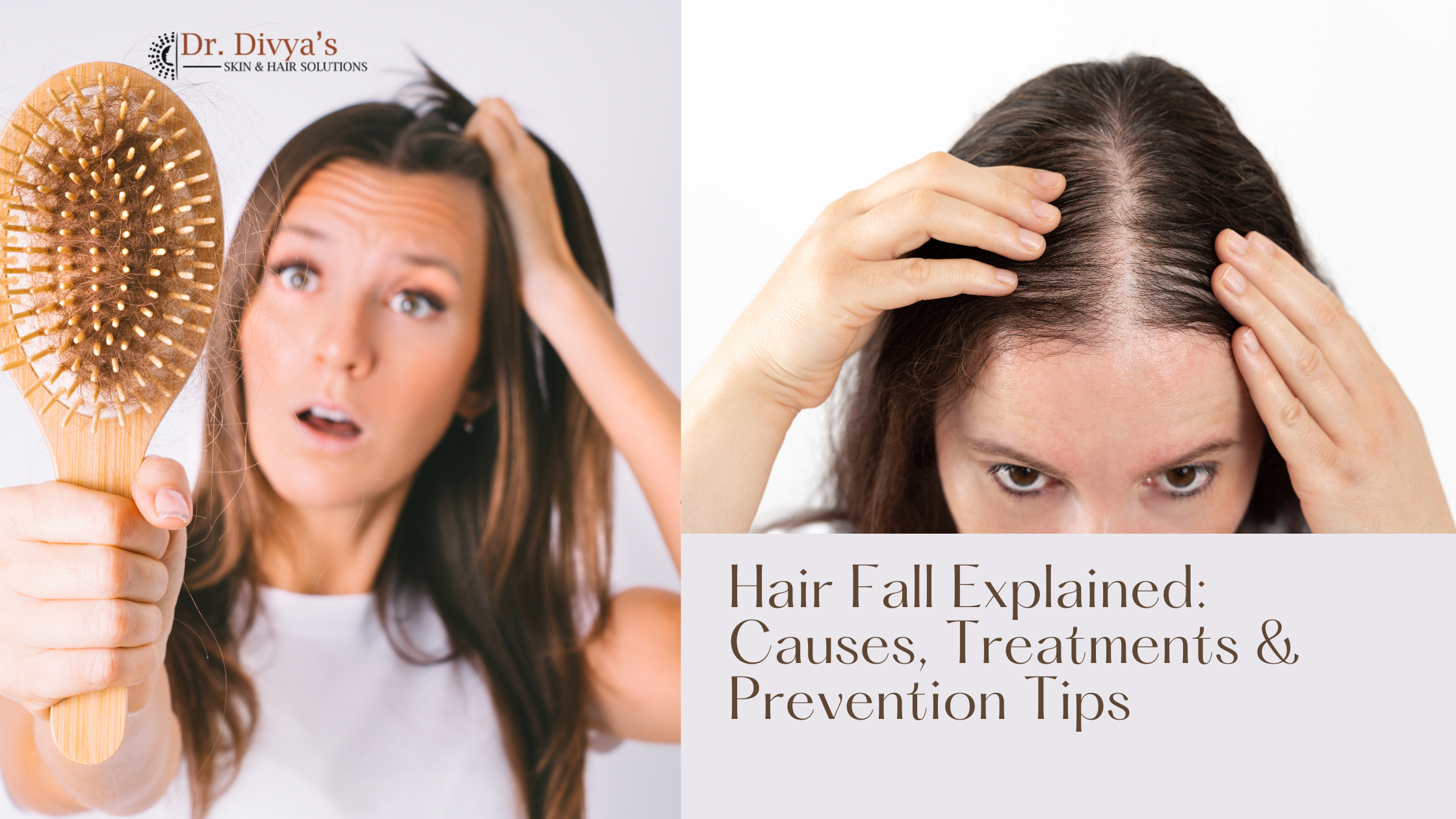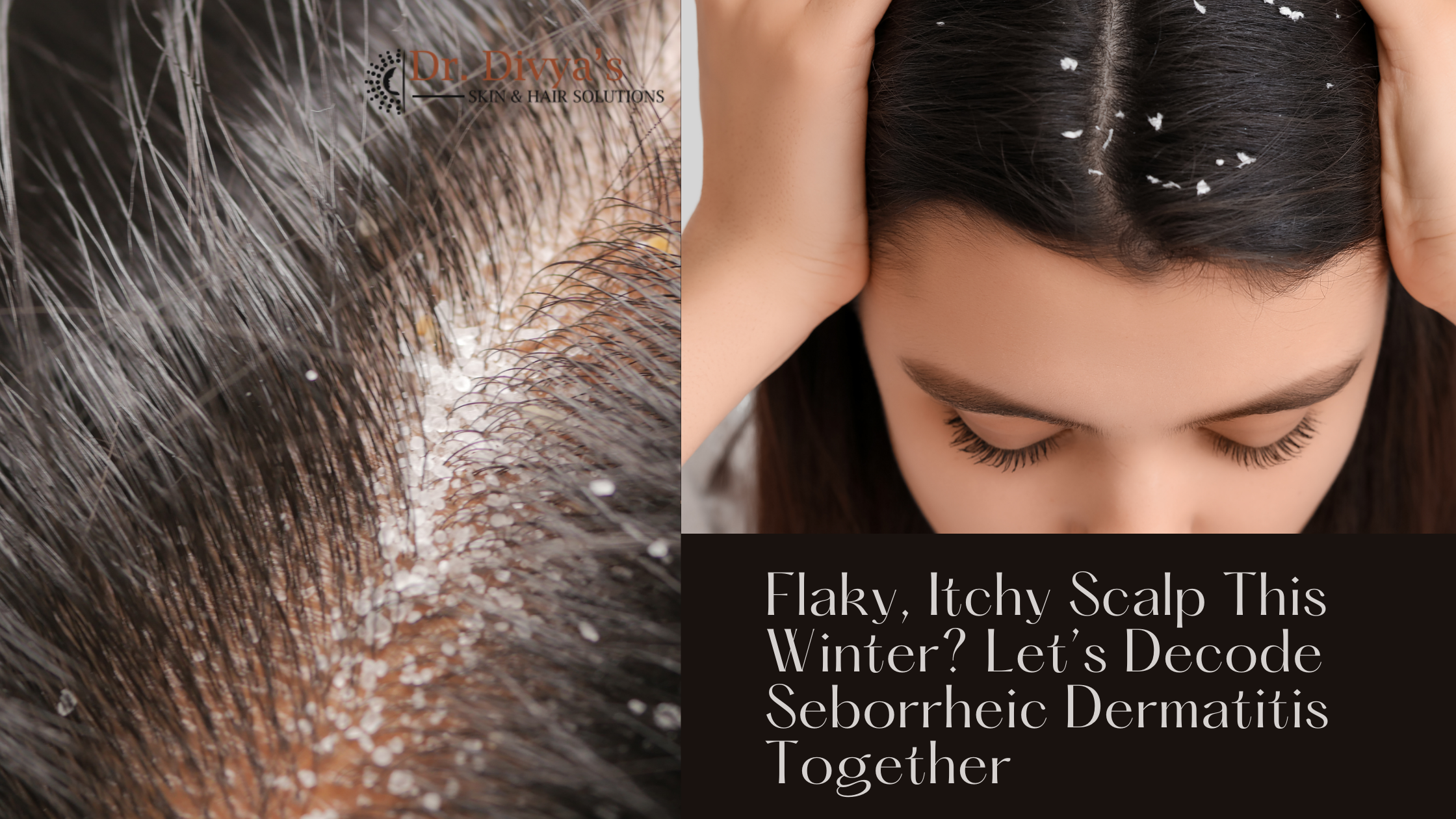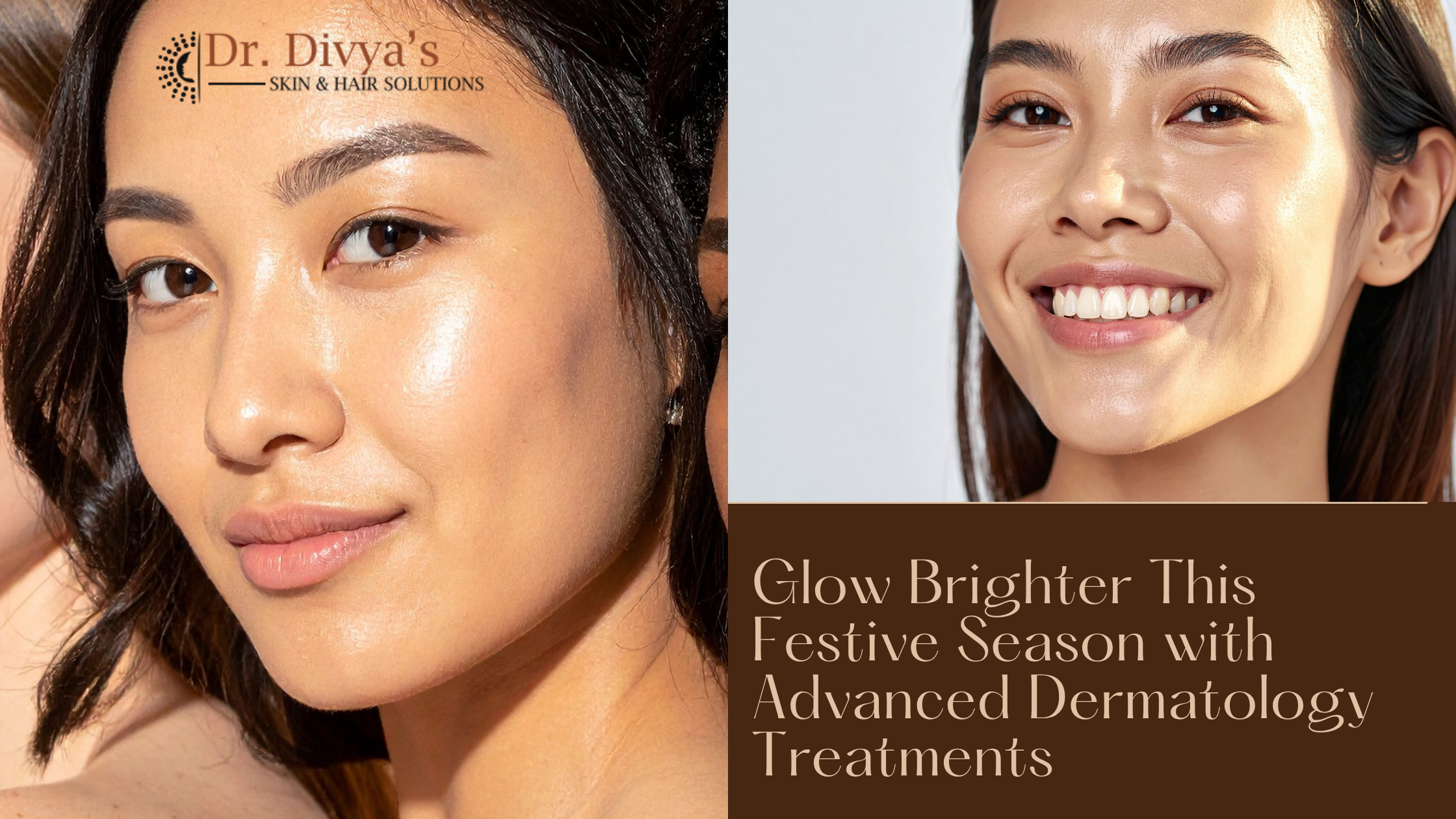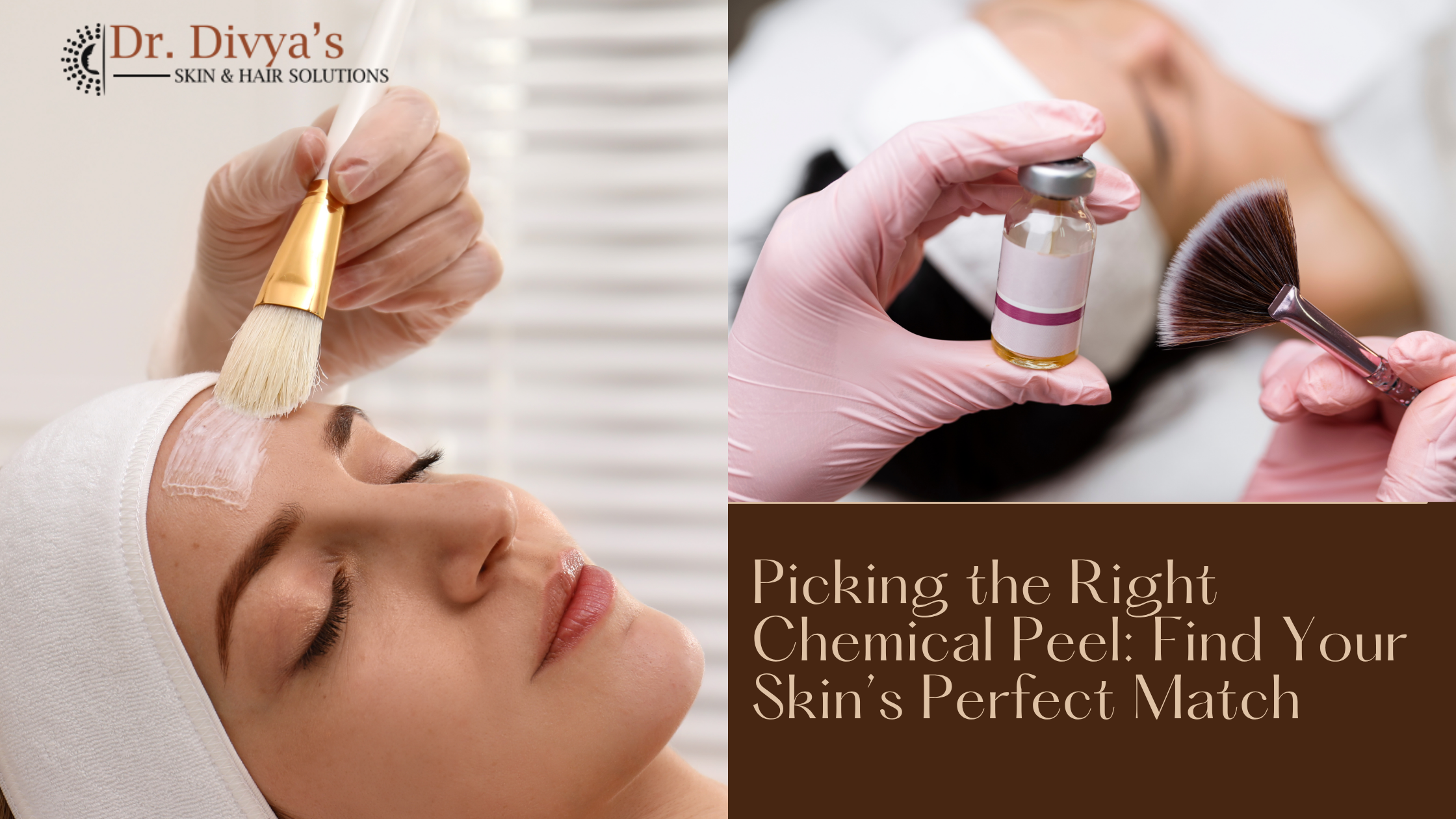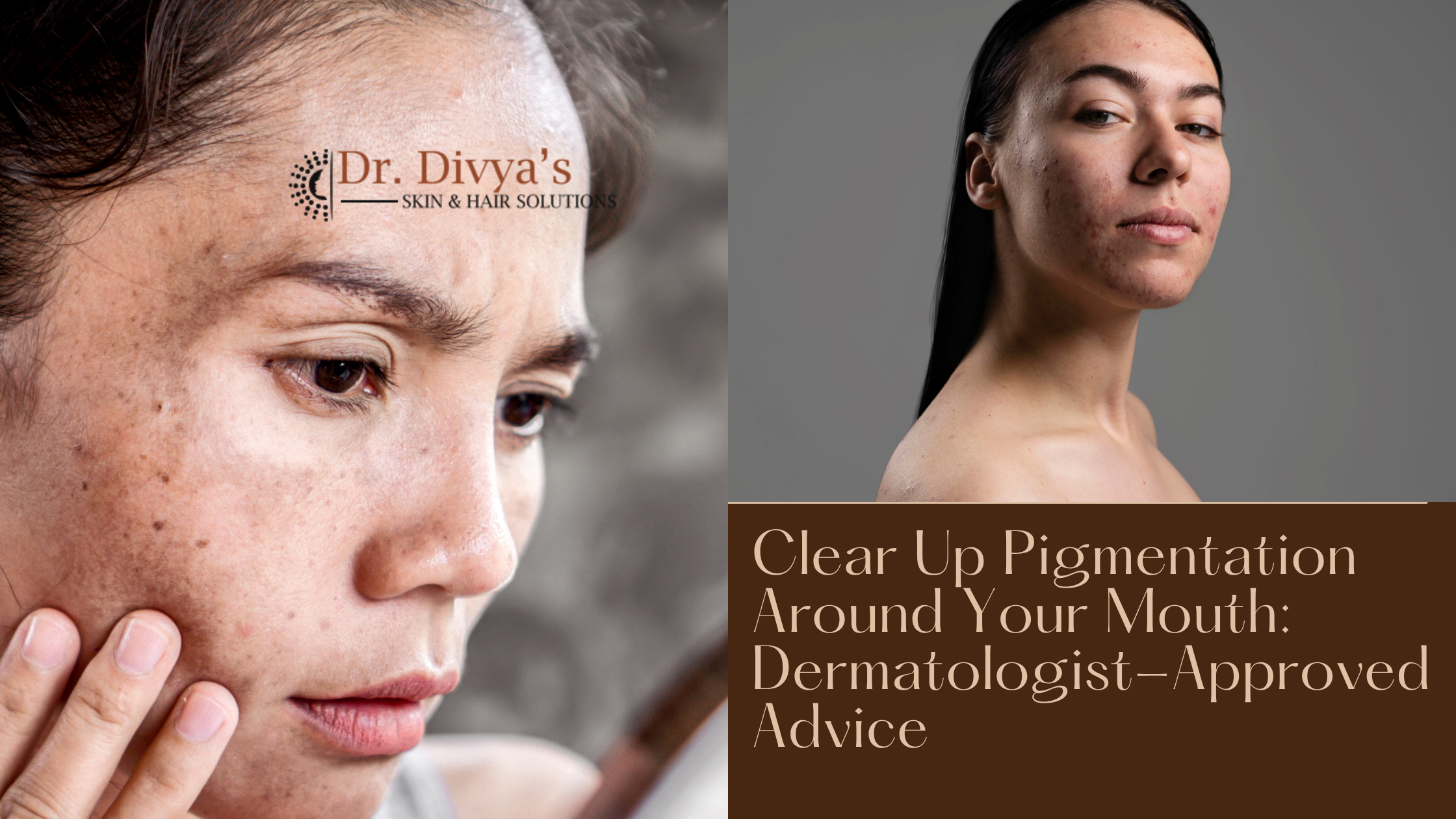Posted date on Aug 14, 2025
Imagine this: you're styling your hair before heading out, and suddenly you notice clumps of hair stuck in your brush. Panic sets in-Am I losing too much hair? Hair fall isn't just a beauty concern; it's an emotional one too. Healthy, thick hair boosts confidence, while excessive hair loss can leave you stressed and searching for answers.
The good news? You're not alone-and hair fall can often be managed once you understand the real causes, effective treatments, and smart prevention tips. In this blog, we'll uncover everything you need to know to fight hair fall naturally and scientifically-so you can give your hair the care it truly deserves.
What Causes Hair Fall?
Hair fall can happen due to multiple reasons. Understanding the root cause is the first step toward finding the right solution.
- Genetics (Hereditary Hair Loss): The most common cause, known as male or female pattern baldness, is influenced by genes.
- Hormonal Changes: Conditions like thyroid imbalance, PCOS, pregnancy, or menopause can trigger hair loss.
- Stress & Lifestyle: High stress, poor diet, lack of sleep, and sedentary lifestyle can weaken hair health.
- Nutritional Deficiencies: Lack of vitamins (especially B12, D3, and iron) can affect hair growth.
- Medical Conditions: Autoimmune diseases, scalp infections, or side effects of certain medications.
- Hair Care Habits: Excessive heat styling, chemical treatments, or harsh products can damage hair roots.
Treatments for Hair Fall
Thankfully, many treatments are available to control and even reverse hair fall. The right choice depends on the underlying cause.
- Topical Solutions: Minoxidil is a popular over-the-counter treatment that stimulates hair growth.
- Prescription Medications: For genetic or hormonal hair loss, doctors may suggest finasteride or hormone-regulating medicines.
- Platelet-Rich Plasma (PRP) Therapy: A modern treatment that uses your own platelets to promote new hair growth.
- Hair Transplant: A long-term solution for severe hair thinning or baldness.
- Medical Shampoos & Serums: Dermatologists may recommend products to strengthen the scalp and follicles.
- Lifestyle & Diet Changes: Incorporating protein-rich foods, leafy greens, nuts, and omega-3 fatty acids can improve hair strength naturally.
Prevention Tips for Healthy Hair
Preventing hair fall is often easier than treating it later. Here are simple but effective tips you can follow:
- Eat a Balanced Diet: Include protein, iron, biotin, and vitamin-rich foods.
- Maintain Scalp Health: Keep your scalp clean, hydrated, and free from infections.
- Avoid Harsh Styling: Reduce use of heat tools, chemical dyes, and tight hairstyles.
- Manage Stress: Practice yoga, meditation, or regular exercise to reduce stress-induced hair fall.
- Sleep Well: 7-8 hours of sleep supports healthy hair regeneration.
- Regular Check-ups: Visit a dermatologist if you notice excessive or sudden hair loss.
Conclusion
Hair fall can be distressing, but it's not always permanent. By understanding its causes, choosing the right treatment, and following preventive care, you can restore healthier, stronger, and shinier hair. Remember-early intervention makes a big difference, so don't wait until it's too late to act.
FAQs on Hair Fall
1. What are the most common causes of hair fall?
Hair fall can happen due to several reasons such as stress, hormonal imbalances, poor diet, genetics, scalp infections, or even overuse of chemical-based hair products. Identifying the root cause is the first step toward effective treatment.
2. Can changing my diet help reduce hair fall?
Yes! A balanced diet rich in protein, vitamins (like biotin, vitamin D, and vitamin E), iron, and omega-3 fatty acids can significantly improve hair strength and reduce hair fall.
3. Are home remedies effective for controlling hair fall?
Home remedies like oil massages with coconut oil help with moisturizing hair but do not prevent hairfall
4. When should I see a doctor about hair fall?
If you notice sudden, patchy hair loss, excessive shedding for several weeks, or scalp irritation, it's important to consult a dermatologist or trichologist for a proper diagnosis and treatment.
5. Can hair fall be completely cured?
In most cases, hair fall can be managed and reduced with the right treatment and preventive care. While genetic hair loss may not be completely curable, treatments like PRP therapy, medications, and lifestyle changes can slow down the process and improve hair health.
